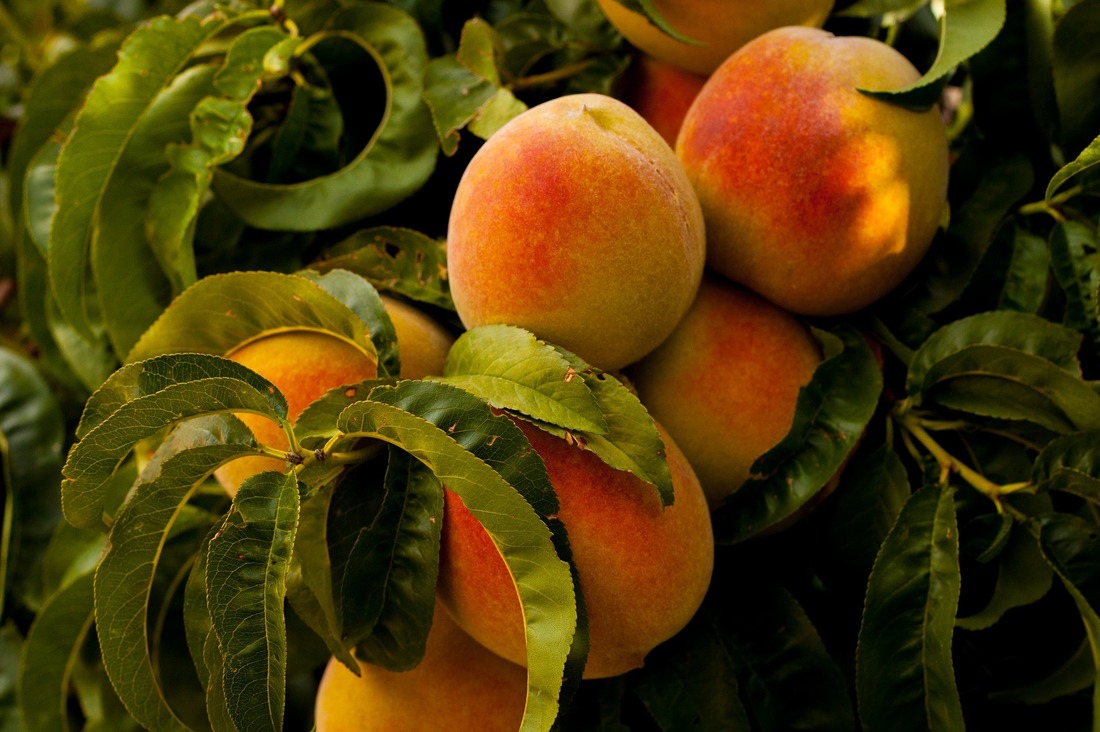|
Canada's food regulator has found traces of the controversial herbicide glyphosate in nearly 30 per cent of about 3,200 food products it tested, and residue levels above the acceptable limits in 1.3 per cent of the samples.
Also read, Health Canada wants to phase out controversial pesticide. The Canadian Food Inspection Agency's report on testing of glyphosate is titled "Safeguarding with Science: Glyphosate Testing in 2015-2016, and was published on its website this week. Glyphosate.is used to kill weeds, but can also be used to dry grains and legumes before they're harvested. Government and scientific agencies in Canada, the U.S. and Europe consider glyphosate safe for humans at certain levels, but scientists and environmentalists around the world are skeptical, with numerous research studies connecting it to cancer concerns. The CFIA tested 3,188 domestic and imported food products for glyphosate residues and compared the results to Health Canada's Maximum Residue Limits (MRLs) — the level at which they aren't a concern for human health. The CFIA's research focused on:
Glyphosate residues were detected in 29.7 per cent of all food samples, with 1.3 per cent containing residue levels above MRLs. For the grain products tested, 3.9 per cent had residue levels about MRLs. The report did not identify the brand names of the foods they tested or which specific ones were found to have glyphosate levels above MRL. "In those reports, we don't usually publish the brand names because we're looking at overall compliance of the system," Aline Dmitri Deputy, CFIA deputy chief food safety officer, told CBC News on Thursday. "If one of the samples had been found to be positive, non-compliant and a health and safety risk, we would indicate that in the report." She said if an item were identified for recall, the brand would be named. Dmitri said that overall, 98.7 of the samples were found to be compliant with the MRLs set for them. Of the remaining 1.3, Health Canada determined that none posed a health and safety risk. Dmitri said non-compliance can seem to be above the maximum level "on paper" because not all products have established MRLs and are therefore tested against a very low default MRL. The grains category, she said, doesn't have as many specific MRLs as other categories. Most widely used weed killer in Canada Glyphosate is one of several pesticides, a general term to describe substances or mixtures that kill pests or prevent or reduce the damage they may cause. Other pesticides include insecticides and fungicides. Glyphosate is also the key ingredient in Roundup, the most widely used weed killer in the world. It's also the most widely sold pesticide ingredient in Canada, according to Health Canada's Pest Management Regulatory Agency, which said in a report obtained by CBC News that more than 25 million kilograms of it were sold in 2014 (the most recent year for which data is available). Health Canada says pesticides are carefully regulated "through a program of pre-market scientific assessment, enforcement, education, and information dissemination," shared among various levels of government. It says glyphosate is used on a wide variety of weeds, including annual and perennial broadleaf and grassy weeds, weedy trees and brush. The federal government department considers it safe if it doesn't exceed the MRL. "The health effects noted in animals occur at doses more than 100 times higher (and often much higher) than levels to which humans are normally exposed when glyphosate products are used according to label directions," the agency says on its website. The U.S. Environmental Protection Agency and the European Food Safety Authority both agree. However, a March 2015 report by the World Health Organization's International Agency for Research on Cancer deemed the chemical to be "probably carcinogenic to humans." The WHO stepped back its position in May 2016, saying glyphosate was "unlikely to pose a carcinogenic risk to humans from exposure through the diet." The American Cancer Society still has it on a list of "probable carcinogens." The Canadian Cancer Society states it is against the use of cancer-causing pesticides for cosmetic purposes like lawns, but does not name any brands or ingredients specifically. 'Disturbances of biological function' Dr. Warren Bell, a family physician from British Columbia and founding president of the Canadian Association of Physicians for the Environment, said he is concerned about the long-term health effects of exposure to low levels of glyphosate. "Glyphosate residues have been found in California wine, in menstrual pads, in German beer, in the urine of 99.6 per cent of Germans tested," he told CBC Nova Scotia last year. Once glyphosate is in a person's body, he said, there is evidence to suggest it could mimic a naturally occurring amino acid, called glycine, and prevent proteins in the body from working properly. "It opens up the potential for a vast array of disturbances of biological function," he said. Bell said he's also concerned about evidence that suggests glyphosate can create antibiotic resistance in humans. The CFIA report released this week says the limitations of its research include the low number of samples and products that it analyzed. "Care must be taken in interpreting these results," the report says. It adds that regional differences, product shelf life and storage conditions were also not examined in the survey. SOURCE CBC News
0 Comments
Leave a Reply. |
Advertisement
News & Updates
Stay informed with the latest news around foodservice, agriculture and other related food news. Advertisement Opportunities
|


 RSS Feed
RSS Feed


